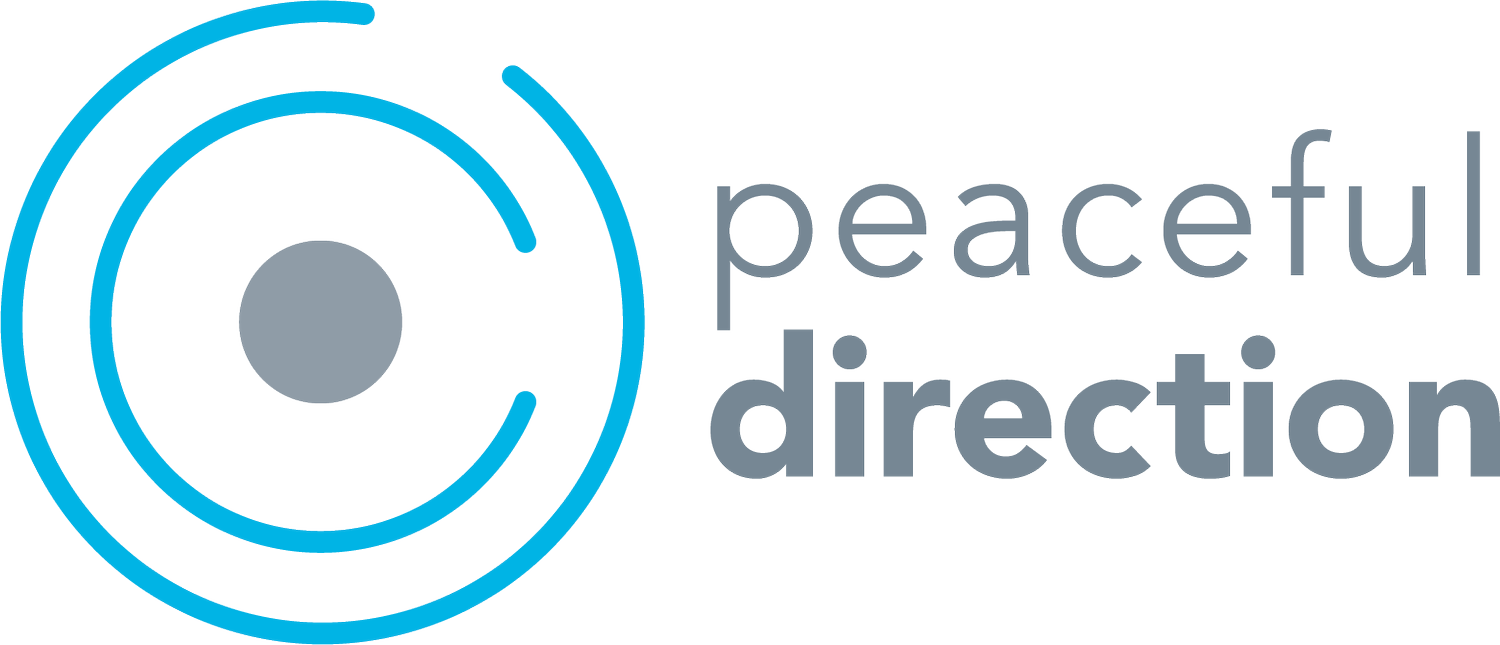Can we even be resilient in 2025?
When I think of resilience, especially during the summertime, I think of my time as a communications leader in the water utility space.
In that context, talking about resilience meant talking about flood walls. Or backup generators. Or the difference between a 100-year storm and a 500-year storm.
There's a clear blueprint for infrastructure, or organizational, resilience. You imagine the worst. You build. You prepare. You hire professionals to respond.
It is so tempting to think about personal resilience the same way. I'm risk-averse. I'm a planner. And I love a good list.
But there's a fine line between being cautious -- realistic, even -- and dwelling on the worst that life can serve up. Crossing that line takes you beyond being prepared, and out of the present into a scary future.
I know this because I've walked myself off that ledge many times. Or loved ones, coaches or therapists have walked me off it.
So I was out driving a couple of weeks ago when some words on a podcast stopped me cold. As in, I had to listen to them again.
The big idea: what if you can't prepare adequately for most of what life throws at you? And if there is comfort to be found in this inability?
Dr. Emily Anhalt relayed the following story, from a family friend who was an oncologist:
The version of you that will handle that hard thing, if and when it happens, will be born into existence in that moment.
And that version of you will have more life experience, and more context, and more ability to handle that hard thing than you do now.
It's not fair of you to expect yourself to know how you're going to handle it, because the version of you that will handle it doesn't exist yet.
You have to trust your future self to handle future problems.
What if resilience is simply knowing you will find the way? As in, write your estate plan. Buy insurance. And then know you'll figure it out, because you always do.
Bonus material:
Micro-Resilience, by Bonnie St. John
The Hidden Link Between Workaholism and Mental Health (The Atlantic)
Resilience Theory (Positive Psychology)
Image: Jacek Halicki, CC BY-SA 4.0, via Wikimedia Commons
